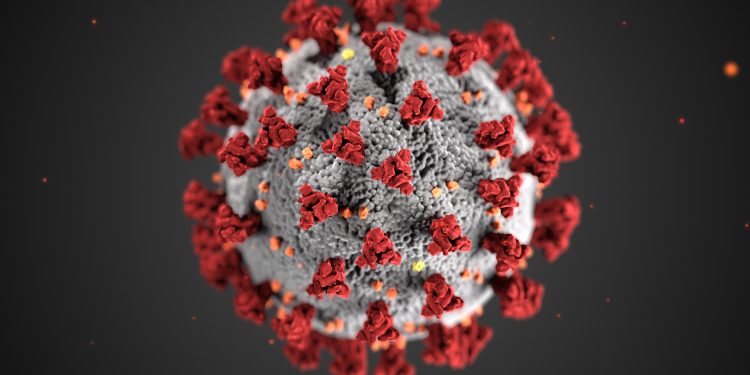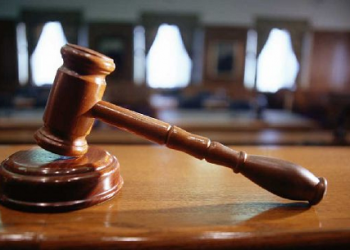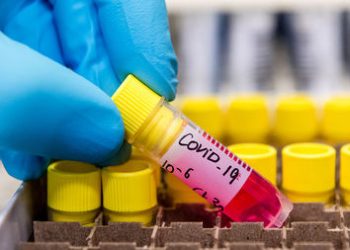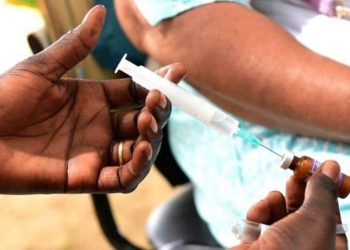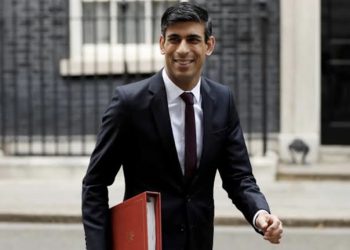Clinical trials of a coronavirus vaccine will begin on people from Thursday, UK Health Secretary Matt Hancock has said.
The COVID-19 vaccine is being developed by scientists at the University of Oxford, who have said it has an 80% chance of success.
Mr Hancock told the government’s daily briefing that the Oxford trial and another at Imperial College London would each get at least another £20m of public money.
The Jenner Institute team at Oxford is starting production before the trial is complete and wants about a million doses ready to be sent out by September.
Mr Hancock said developing a vaccine is an “uncertain science” but that the two teams were making “rapid progress” and would be backed “to the hilt”.
He said: “At the same time we’ll invest in manufacturing capability so if either of these vaccines safely works then we can make it available for the British people as soon as humanely possible.”
However, he cautioned that “nothing about this process is certain”.
The Oxford vaccine, called ChAdOx1 nCoV-19, is made from a harmless chimpanzee virus that has been genetically engineered to carry part of the coronavirus.
The technique has already been shown to generate strong immune responses in other diseases.
Deals have already been done with three UK manufacturers, and several more abroad, to make the vaccine.
Professor Sarah Gilbert, from the Jenner Institute team, told Sky News that she hoped “up to 500 people” would be part of the trial by the middle of May.
Speaking at the weekend, she said it would be a “randomised control trial” and half of the people would get a different vaccine.
“We will be monitoring them asking them to contact us if they have any symptoms of coronavirus and then we will find out who is getting infected,” she said.
The Imperial College team has been testing its vaccine on animals since February and clinical trials are expected to start in June.
More than 70 vaccines are in development around the world but – alongside the US and China – the UK will become one of the few doing human trials.
source: Sky News





































